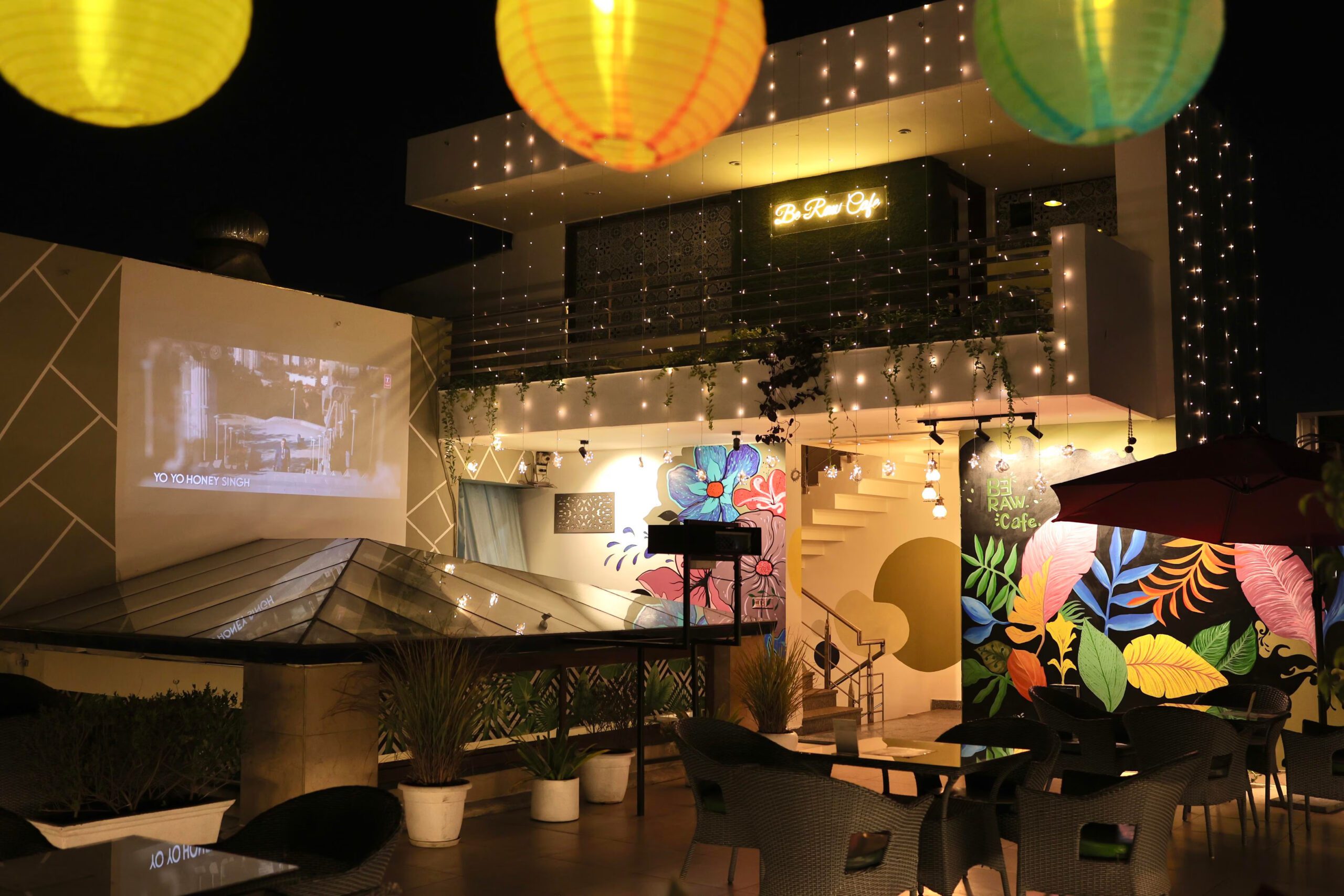Badkhal Lake: Current Status
Badkhal Lake in Faridabad, Haryana, once a popular recreational spot, is today at the center of one of India’s most ambitious environmental restoration projects. The lake dried up completely in 2002 after years of ecological stress and has now returned to life, though with several pressing challenges.
Current Status
The lake has been revived through a dedicated 10 MLD sewage treatment plant built exclusively for this purpose. Approximately 5 MLD of treated water is released into the 42 acre lake bed every day. As a result, the lake now holds substantial water for the first time in more than two decades.
However, the lake’s surface is almost entirely covered with water hyacinth. This invasive weed blocks sunlight, depletes oxygen, and threatens aquatic life including fish that were recently introduced. It also creates breeding grounds for mosquitoes, raising concerns about both ecology and public health.
Smart City Project Progress
The revival of Badkhal Lake began in 2018 under the Faridabad Smart City Mission. Originally budgeted at 79 crore rupees, the project cost has escalated to nearly 100 crore. Multiple deadlines have been missed, including those set for December 2020, December 2021, June 2022, June 2023, and June 2024.
As of 2025, progress is as follows. Smart surface parking is 82 percent complete and is targeted for October 2025. Lakefront and marina development is 85 percent complete and scheduled for December 2025. Restoration of the water body is 80 percent complete and is expected by September 2025. Faridabad Smart City Limited has already spent about 86 percent of its 1000 crore rupee budget, with Badkhal among the last pending projects.
Infrastructure and Facilities
The redevelopment aims to position Badkhal Lake as a major tourist attraction in the National Capital Region.
Completed and ongoing works include a fully functional sewage treatment plant, embankment strengthening, bundh and marina construction, nine meter wide road expansion, food court decks, boating ghats, decorative tiling, children’s recreation areas, underground electrical systems, and decorative lighting.
Planned facilities include boating services, restaurants and food courts, a children’s amusement park, landscaped gardens, and walking and jogging paths.
Water Hyacinth Cleanup
The water hyacinth infestation has become the most urgent concern. An initial tender worth three crore rupees for biological weed removal was withdrawn due to high pricing. In February 2025, the responsibility was transferred to the Municipal Corporation of Faridabad. A new tender worth 24.20 lakh rupees was floated in August 2025 for aquatic weed harvesting machines. The cleanup is officially scheduled for March 2025, although the arrival of the monsoon season may worsen the weed problem and delay results.
Historical Background
Badkhal Lake was created in 1947 by constructing an embankment between two Aravalli hills to trap rainwater runoff. From the 1970s through the 1990s, it was a popular tourist destination offering boating, birdwatching, and cultural events.
Its decline was caused by illegal mining and quarrying in the Aravallis, over extraction of groundwater which lowered the water table by 150 to 200 feet, deforestation in the catchment, urban encroachment, and mining debris blocking natural rainwater channels. The lake completely dried up in 2002 and remained barren except for brief monsoon inflows.
Environmental Impact
The revival of Badkhal Lake brings both opportunities and challenges. On the positive side, the lake helps recharge groundwater, improves the potential for biodiversity restoration, reduces the urban heat effect, and contributes to better air quality. On the negative side, the use of treated sewage water raises concerns about nutrient enrichment, eutrophication, and long term ecological balance. The weed problem also threatens fish survival and increases mosquito breeding.
Future Outlook
The Haryana government has announced a 30 crore rupee beautification plan, envisioning Badkhal Lake as a flagship tourist site modeled on developments in Ayodhya. Plans include weekly markets, fairs, eco tourism branding, and integration with other Aravalli lakes such as Surajkund and Damdama.
Experts caution that without reforestation, watershed restoration, and strict control of mining in the Aravallis, the lake risks remaining an artificial reservoir rather than becoming a self sustaining ecosystem.
Community Impact
Local residents face disruptions due to ongoing construction, with dust, debris, broken roads, and garbage affecting daily commuting. While there is optimism about the lake’s potential to boost tourism and local economy, repeated delays and escalating costs have created frustration and skepticism.
Conclusion
The restoration of Badkhal Lake is both a symbol of environmental revival and a reminder of the challenges in managing degraded ecosystems. Water has returned after two decades, but the struggle against invasive weeds, project delays, and long term sustainability continues. The success of this project will depend not only on engineering solutions but also on consistent ecological management, agency coordination, and long term commitment to conserving the Aravalli region.




